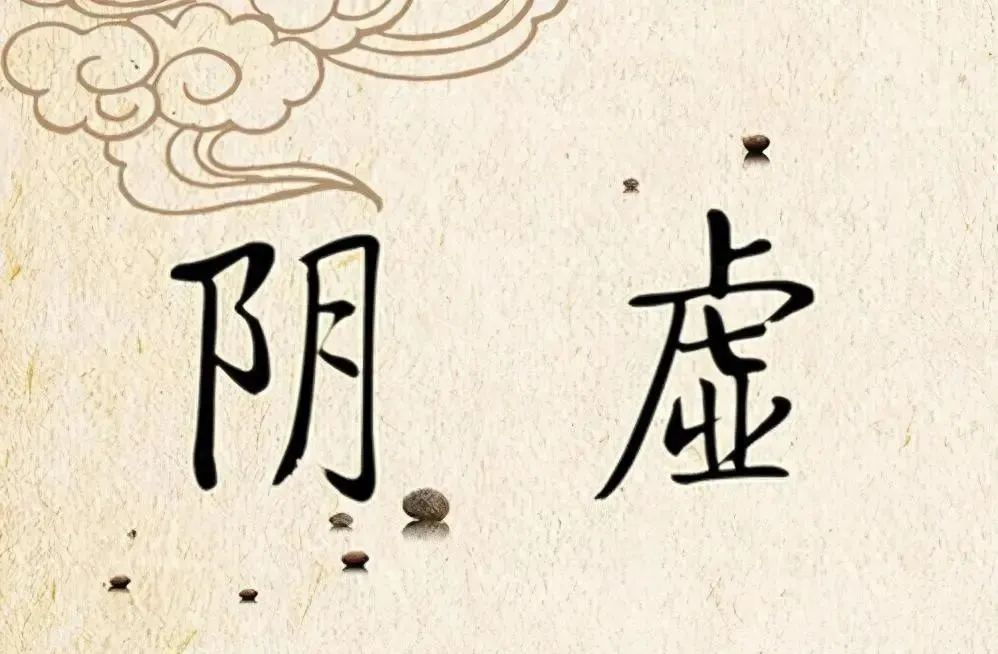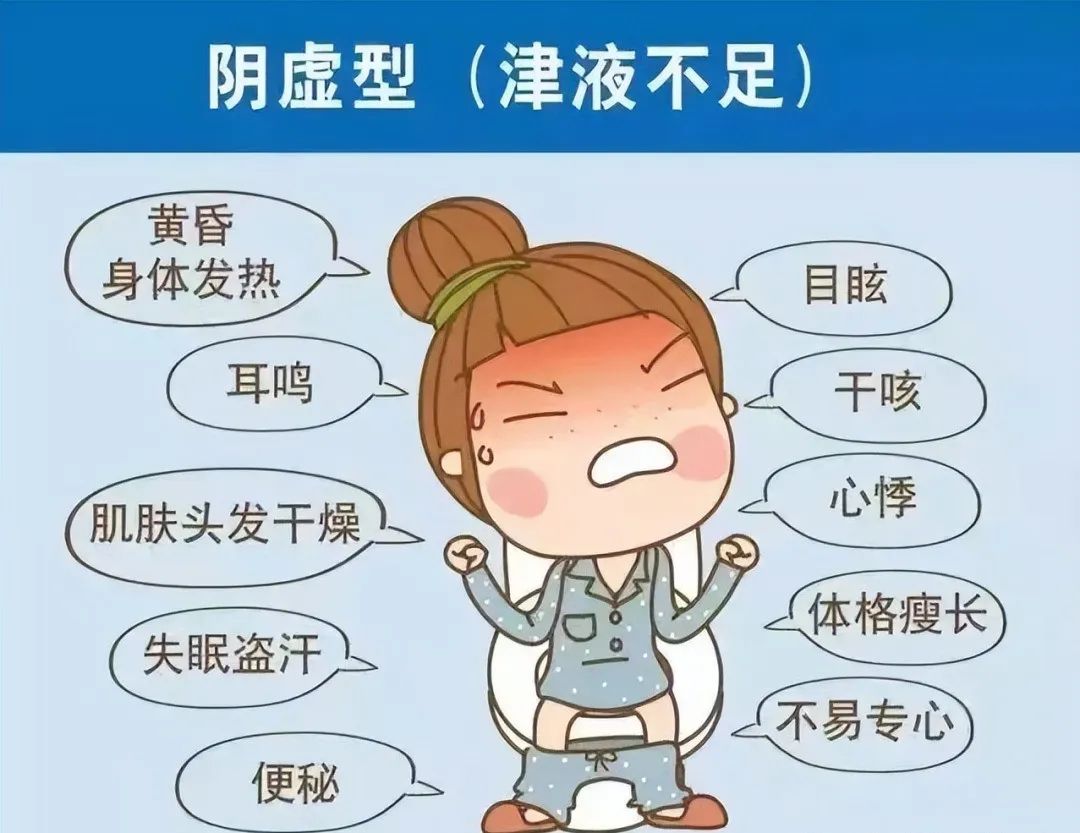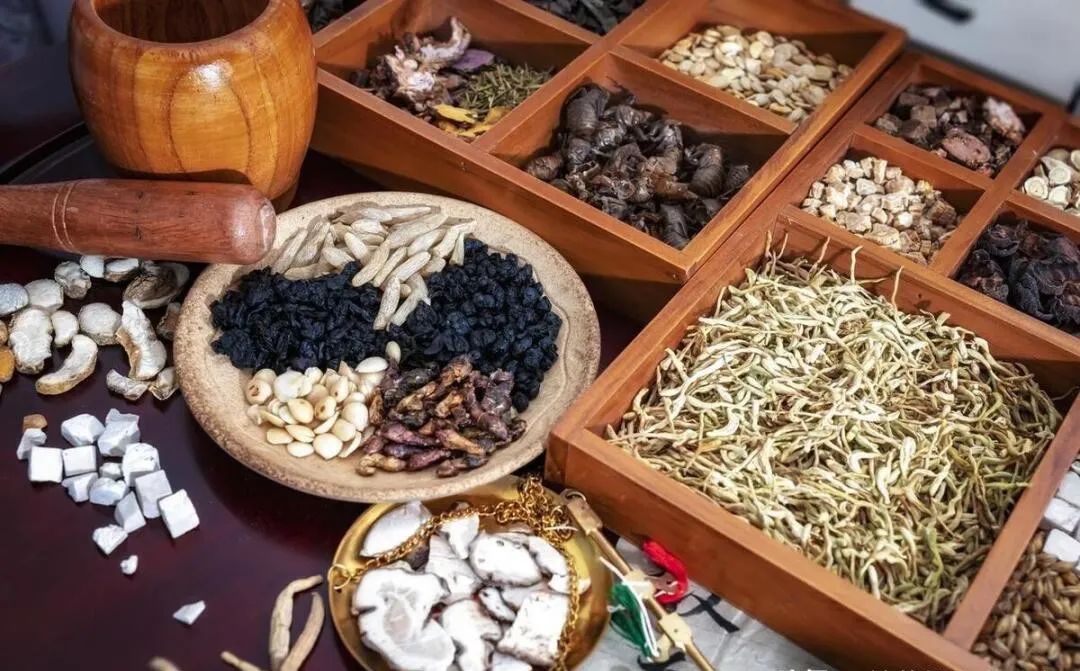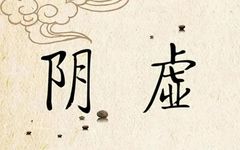Those with a basic understanding of Traditional Chinese Medicine (TCM) know that generally, Yin deficiency leads to internal heat, while Yang deficiency results in phlegm-dampness. However, it is important to note that Yin deficiency can also produce phlegm-dampness, and this is not uncommon. TCM posits that phlegm-dampness is primarily caused by metabolic disorders of body fluids, which rely on the healthy functioning of the organs. The health of organ function, in turn, depends on the balance of Yin and Yang. When Yin fluids are deficient, the organs fail to nourish properly, leading to reduced function and subsequently affecting fluid metabolism, resulting in phlegm-dampness. There are three common scenarios where Yin deficiency leads to phlegm-dampness.

First, there is Yin deficiency with excess fire, where dry fluids lead to phlegm-dampness. When the body lacks Yin fluids, it inevitably leads to the generation of internal heat, causing fire to burn and dry up the fluids, transforming them into phlegm-dampness, which is essentially phlegm produced from dryness. This type of Yin deficiency fire cannot be cleared easily; the more it is dried out, the stronger it becomes, and nourishing Yin will only temporarily alleviate it. Therefore, the treatment principle is to address dryness as the root cause and dampness as the secondary issue, necessitating the need to nourish Yin to eliminate the root cause.
Secondly, there is Yin deficiency with Qi deficiency, leading to abnormal fluid transformation and resulting in phlegm-dampness. The generation, distribution, excretion, and metabolism of body fluids depend on the regulation of Qi. When Yin fluids are insufficient, it affects the Qi transformation function of the organs, leading to disordered fluid metabolism and abnormal distribution, causing fluids to accumulate and transform into phlegm-dampness. In simple terms, Yin deficiency with Qi deficiency cannot control water, leading to phlegm-dampness due to excess water. This condition requires nourishing water and Yin, and stabilizing Kidney Yin; only when Yin fluids are sufficient and righteous Qi is restored will the phlegm-dampness dissipate. It is important to distinguish this from phlegm-dampness caused by Qi deficiency during diagnosis.

Lastly, there is Yin deficiency with Qi stagnation, leading to phlegm-dampness due to Qi dysfunction. The smooth flow of Qi in the body is maintained not only by the warmth of Yang Qi but also by the nourishment and transformation provided by Yin fluids. Once Yin is deficient, the coordination of Qi’s rise and fall is disrupted, leading to Qi stagnation or reversal. Whether it is Qi stagnation or reversal, it will affect the metabolism of body fluids, causing stagnation and transforming into phlegm-dampness. The treatment for this condition involves nourishing Yin and regulating Qi; when Yin fluids are sufficient and Qi flows smoothly, the phlegm-dampness will dissipate.

In treating phlegm-dampness caused by Yin deficiency, it is essential to nourish Yin and fluids without promoting pathogenic factors, and to resolve phlegm and eliminate dampness without harming Yin. In terms of herbal selection, it is advisable to use moistening and nourishing herbs such as Mai Dong (Ophiopogon), Sha Shen (Glehnia), Yu Zhu (Polygonatum), fresh Shi Hu (Dendrobium), and fresh Lu Gen (Reed rhizome), which nourish without being greasy. For clearing and drying herbs, care should be taken to avoid damaging Yin fluids; thus, lighter, clearing herbs such as Xing Ren (Apricot kernel), Yi Yi Ren (Job’s tears), Chuan Bei Mu (Fritillaria), Fu Ling (Poria), and Lian Qiao (Forsythia) are preferred. In summary, treatment should be tailored to the individual and the specific condition, aiming to eliminate pathogens without harming the righteous Qi, and to support the righteous Qi without leaving behind pathogens. This information is for reference only and should not be used as a basis for diagnosis or treatment. If you experience discomfort, please seek medical attention at a local hospital promptly.

